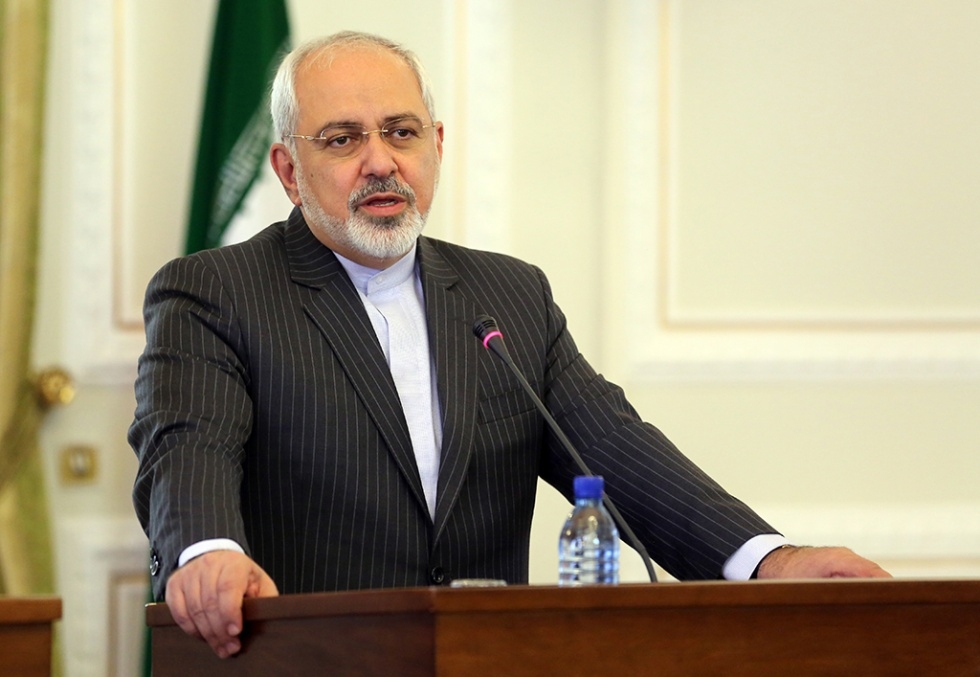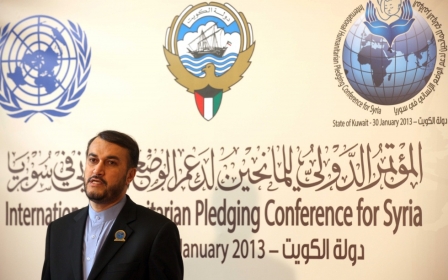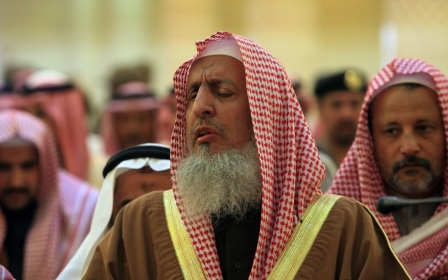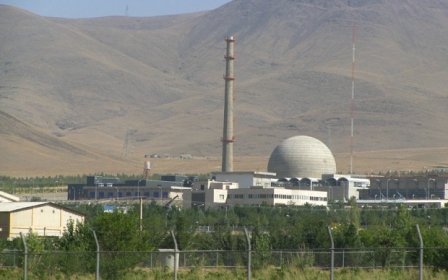Iranian Foreign Minister: 'I am ready to visit Saudi Arabia'

Iranian foreign minister Mohammad Javad Zarif has said he is willing to meet to meet with his counterpart in Saudi Arabia, Prince Saud Al Faisal.
“The first opportunity for talks between me and his Excellency Saud Al Faisal is on the sidelines of the United Nations General Assembly, and we hope to be able to use the opportunity,” Zarif said during a joint news briefing.
“After that I am ready to visit Saudi Arabia and welcome [Prince Saud] to Iran.”
The Iranian Deputy foreign minister, Hussain Amir Abdollahian, visited Saudi Arabia last week and met Al Faisal signifying a thaw in relations between the two countries, who have been regional rivals for many years.
The two discussed the situation in Iraq and "means to confront extremism and terrorism", an Iranian official said.
The growing influence of Shiite Iran has been seen as a threat to Saudi Arabia’s power in the region, with Saudi diplomats pushing for and supporting military action against the country should high-profile talks over Iran’s nuclear programme not succeed.
The election of ‘moderate’ President Hassan Rouhani in June has led Iran to pursue what analysts have seen as a more equitable foreign policy with its neighbours and regional rivals.
Saudi Arabia’s ambassador to the UN Abdallah al-Mouallimi told Al Arabiya on Friday that Iran would be welcome “if it has a positive role (to play) in the region, without interference in the interior affairs of Arab countries.”
Regional expert Frederic Wehrey told AFP that the rapprochement was unlikely to evolve into "real meaningful cooperation".
"There are too many other strategic issues that divide the two states," he said, pointing to Syria, Lebanon, Bahrain, the nuclear file and the US presence in the region.
In June, Rouhani publicly condemned the Gulf states, including Saudi Arabia for their alleged funding of militant groups - referred to as ‘takfiri’ by the Iranians - currently fighting Iran’s ally in Syria.
Middle East Eye propose une couverture et une analyse indépendantes et incomparables du Moyen-Orient, de l’Afrique du Nord et d’autres régions du monde. Pour en savoir plus sur la reprise de ce contenu et les frais qui s’appliquent, veuillez remplir ce formulaire [en anglais]. Pour en savoir plus sur MEE, cliquez ici [en anglais].




